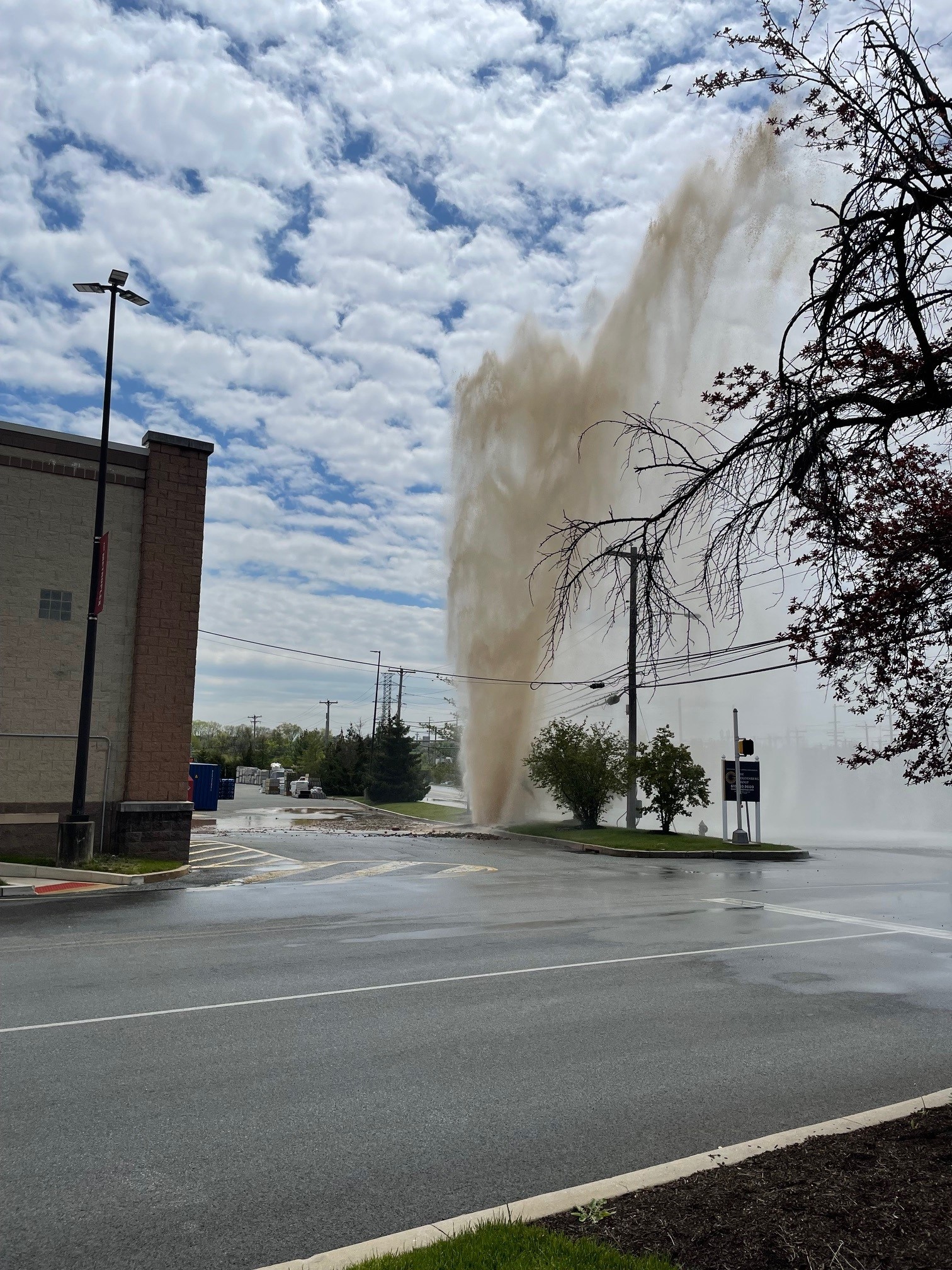Pennsylvania's 2013 ballot is the sparsest in more than a decade, with only one statewide race _ for an open seat on the state Superior Court _ to draw voters to the polls.
The contest is decidedly low-key and does not involve the millions that candidates seeking election to the other two branches of government often need to compete. Both candidates have strong professional credentials and ``recommended'' ratings from a state bar panel.
But some of the same interest groups, political parties and other donors are underwriting the lion's share of the campaign's cost, with some contributions reaching five digits.
And as in any judicial campaign, particularly one for the state's mid-level appellate court, questions crop up about the potential influence of political money on the scales of justice.
"It is sort of the last stop in the democratic process,'' said Barry Kauffman, director of Pennsylvania Common Cause. Plaintiffs and defendants "need to be sure that they're going to get a fair shake'' in the state courts.
A 2010 poll by Pennsylvanians for Modern Courts, a judicial reform group that advocates choosing appellate judges through a process that combines bipartisan reviews and gubernatorial appointments, found that three-fourths of the state's voters think campaign contributions have at least some influence on judges' decisions.
Local
Breaking news and the stories that matter to your neighborhood.
The candidates _ Democrat Jack McVay Jr., an Allegheny County judge, and Republican Vic Stabile, a Harrisburg lawyer _ both vow not to let political influences affect their decisions.
Stabile, 56, a state Republican Party stalwart and former Cumberland County GOP chairman, reported receiving more than $250,000 in 2013 as of Friday, the deadline for the final pre-election campaign finance reports.
Stabile's contributions include $50,000 from the Philadelphia Trial Lawyers Association's political committee, $30,000 from Gov. Tom Corbett's campaign, $20,000 from committees headed by GOP legislative leaders and $2,500 from the Pennsylvania Medical Society's committee.
McVay, 57, who is also a licensed pharmacist, worked as a local government lawyer in Allegheny County for more than two decades before he was elected in 2008 to the county bench, where he handles family court cases. He reported raising nearly $96,000 in 2013 through Friday, including at least $29,000 from organized labor groups.
Nancy Winkler, president of the trial lawyers' group, said its deep-pocketed political arm _ the Committee for a Better Tomorrow _ is bipartisan and looks for judicial competence and objectivity in deciding which candidates to support.
"We're not getting anything in return except hopefully a jurist that is fair,'' she said.
Mike Barley, Corbett's campaign manager, said the governor's contributions reflect not only his confidence in Stabile's qualifications but also practical considerations.
"Unfortunately, running a statewide campaign costs money,'' he said.
While this year's race has been relatively uneventful, the last campaign for the state Supreme Court in 2009 featured dueling TV ads and millions of dollars in spending by the candidates and their allies. The winner, Republican Joan Orie Melvin, is no longer on the court. She was convicted of campaign corruption in February and sentenced to house arrest and probation.
On Friday, a pair of national reform groups warned that judicial election campaigns are becoming more politicized as special interest spending grows.
Representatives of the Brennan Center for Justice at the New York University Law School and the Washington-based Justice at Stake urged states to consider alternatives to the election of judges or public financing of judicial campaigns to keep out special interest money.
"The public needs to be confident that our courts are not for sale,'' said Alice Bannon of the Brennan Center.



